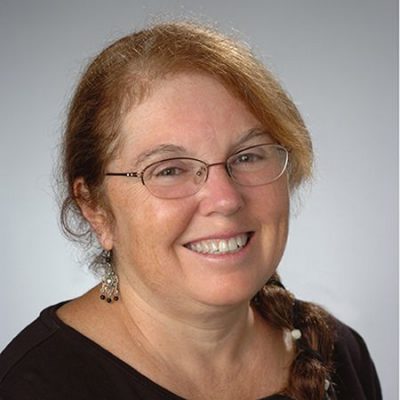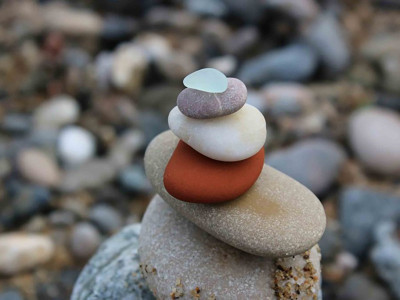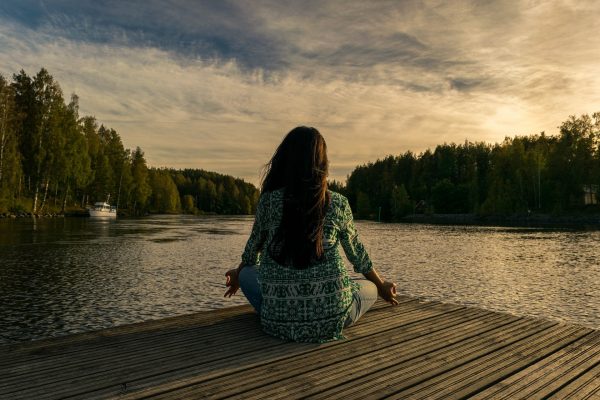Maxwell Partners With VA, Instacart to Bring Healthy Food to Local Veterans
When the federal government began measuring food insecurity in the 1990s, most researchers focused on low-income families. But Colleen Heflin noticed a different group standing out in the data: military veterans. “I have deep roots in the field, and I’ve…




